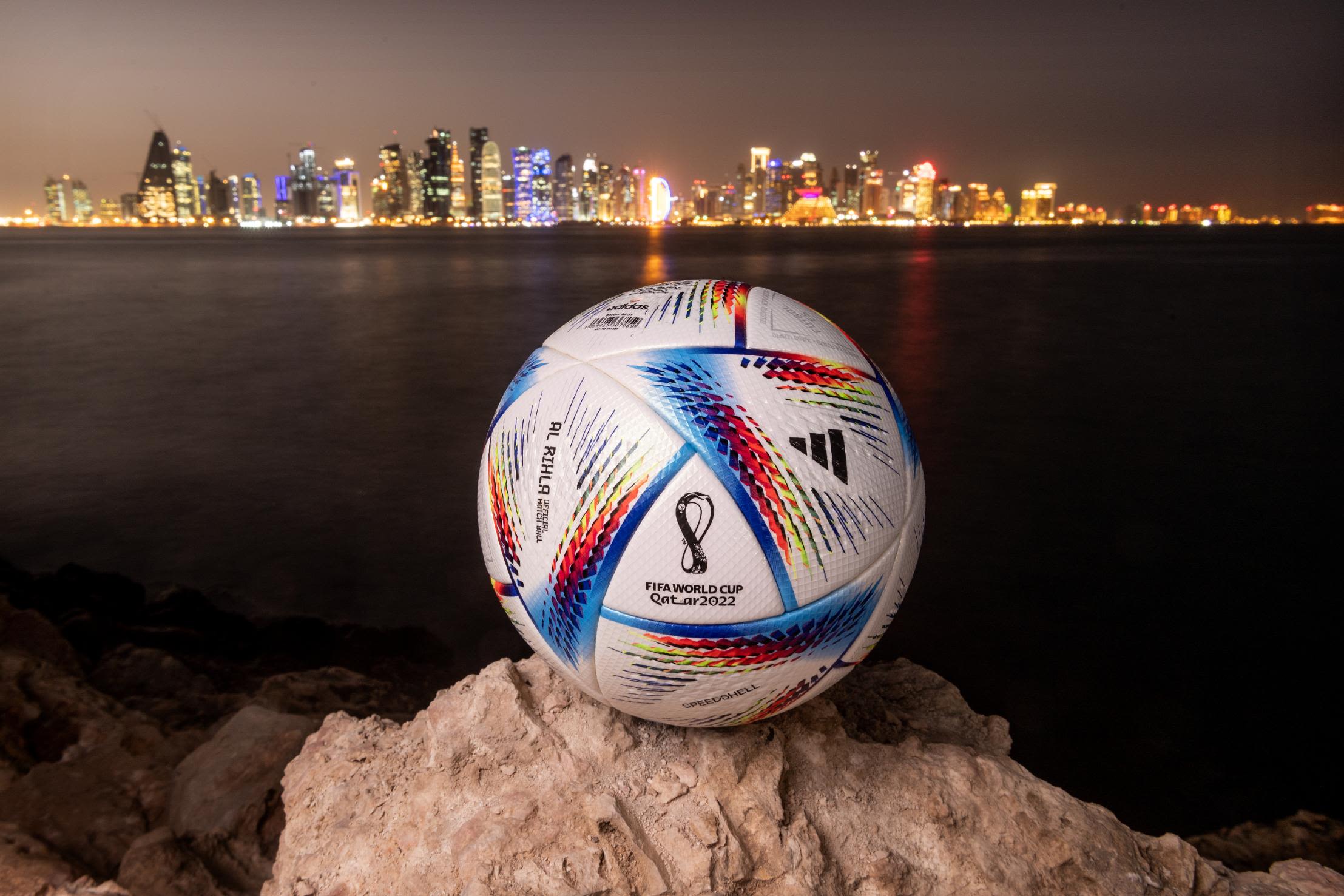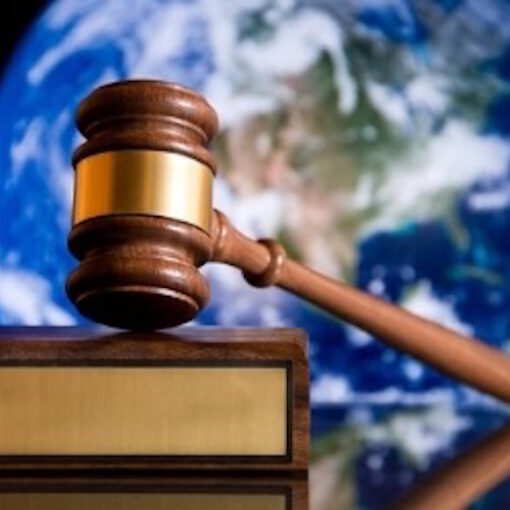On June 7, 2023, the Swiss Fairness Commission (Commission Suisse pour la Loyauté), a non-judicial body competent to receive complaints alleging violations of fairness in commercial communication, found that the International Association Football Federation (FIFA) engaged in misleading and unfair advertising of the 2022 Qatar World Cup. The Commission made its determination after examining five complaints from non-governmental organizations (NGOs) based in Belgium, France, the Netherlands, Switzerland, and the United Kingdom. The complaints focused on FIFA’s branding of the Qatar World Cup as a carbon-neutral event, which the NGOs alleged was a text-book example of greenwashing, i.e., deceiving the public into believing that an organization’s activities are environmentally friendly or do not contribute to climate change. The Commission’s decision adds to the plethora of controversies surrounding the 2022 World Cup, including allegations of corruption, human rights violations—notably concerning migrant workers—and “sportswashing.” This blog post analyzes the decision and its importance in reinforcing the role of quasi-judicial bodies in climate litigation.
The Complaints
In November 2022, six NGOs introduced parallel “voluminous” complaints against FIFA in five countries: the Alliance Climatique Suisse (Switzerland), Carbon Market Watch (Belgium), Notre Affaire à Tous (France), Fossil Free Footbal and Reclame Fossielvrij (the Netherlands), and the New Weather Institute (United Kingdom). Shortly thereafter, relevant authorities in the latter four countries transferred the complaints brought before them to Switzerland to be examined jointly by the Swiss Fairness Commission.
The NGOs’ complaints were based primarily on a report from Carbon Market Watch, which cast serious doubts on FIFA’s claim of carbon neutrality and indicated that the World Cup’s emissions levels and climate impact may have been grossly underestimated. The report hinted at a number of flaws in FIFA’s assessment, including FIFA’s failure to account for the climate impact of the maintenance and operation of the stadiums built specifically for the World Cup in the many years following the event, as well as to the uncertain efficacy of some of the climate mitigation measures announced by the football giant, such as the creation of a large-scale tree and turf nursery in the middle of the desert. “This is not a harmless exercise,” Carbon Market Watch concluded, “as it misleads players, fans, sponsors and the public into believing that their (potential) involvement in the event will come at no cost to the climate.”
In the course of the proceedings, FIFA emphasized its commitment to addressing the climate impacts of the tournament through a series of mitigation measures (to decrease the footprint of the event) and a climate credit system aimed at offsetting unabatable emissions. FIFA requested that all five complaints be dismissed on the grounds that consumers were in no way misled by the contested assertions. Specifically, it argued that the climate neutrality of the 2022 World Cup would be verifiable once an ex-post report is published in 2023, which, FIFA contended, would show the total volume of emissions to be offset.
The Commission’s Ruling
In its decision, the Swiss Fairness Commission remarked that stricter standards apply when it comes to environmental claims in commercial communications as per Article 3(1)(b) of the Swiss Federal Act on Unfair Competition, Chapter D of the Advertising and Marketing Communications Code of the International Chamber of Commerce, and Rule B.2. of the Commission’s Rules relating to fairness in commercial communication.
The Commission determined that the disputed statements qualified as “advertisements,” meaning that the Commission has “jurisdiction” over these statements. The Commission rejected FIFA’s claim that the statements were “efforts in transparency and accountability” and not a form of commercial communication. On the substance, the Commission emphasized that claims of carbon neutrality, especially when formulated in absolute terms, create specific expectations for the average recipient (destinaire moyen): “By the term ‘climate neutrality’ or ‘carbon neutrality,’ the average addressee understands a Football World Cup to take place with the same result, in terms of carbon emissions, as if the tournament had not taken place at all. To achieve this result, the average addressee expects the [carbon dioxide] emissions generated by the tournament, determined according to definitive and generally accepted measurement methods, to be fully offset.”
For the disputed statements not to be misleading and unfair, FIFA was thus required to prove that the methods used to calculate emissions from the tournament were generally accepted and covered all sources of emissions and that the emissions so calculated were fully offset. As FIFA failed to do so, the Commission unambiguously concluded that FIFA engaged in misleading and unfair advertising in breach of the rules mentioned above. The Commission advised FIFA to refrain from making unsubstantiated statements in the future, and in particular to drop the claim that the 2022 Qatar World Cup was carbon or climate neutral.
What Next?
At the time of writing, the decision can still be appealed by FIFA on grounds of arbitrariness, in which case it will be heard by the same Commission in a formation that includes all of its members. Assuming FIFA does not appeal or that the decision is confirmed on appeal, the Commission’s ruling will become yet another building block in the climate litigation movement with specific relevance to the fight against rampant greenwashing. The Commission is not a court, its decisions are not enforceable, and they do not carry penalties. But that does not mean the ruling cannot lead to further legal action. Notably, as hinted by Notre Affaire à Tous, the Commission found that FIFA’s misleading advertisement was in breach of the Article 3(1)(b) of the Swiss Federal Act on Unfair Competition, which could lead to criminal proceedings (see Article 23 of the Act).
Additionally, and regardless of whether there is further litigation, the Commission’s ruling will carry semantic effects. It will lend much weight to the position of civil society actors opposing greenwashing and shift the argumentative burden to the shoulders of FIFA and similar organizations. For instance, it may contribute to debates surrounding the recent European Union proposal for a Directive on substantiation and communication of explicit environmental claims (Green Claims Directive), which aims to eradicate misleading environmental messaging across the European Union market by establishing detailed rules for how companies should communicate their environmental impact. Seen in this light, the Commission’s decision participates in the broader strand of climate litigation that involves quasi-judicial bodies capable of making authoritative determinations devoid of enforceability, not unlike the groundbreaking report issued last year by the Philippines Human Rights Commission.

Antoine De Spiegeleir
Antoine De Spiegeleir is the Sabin Center's rapporteur for Belgium.




